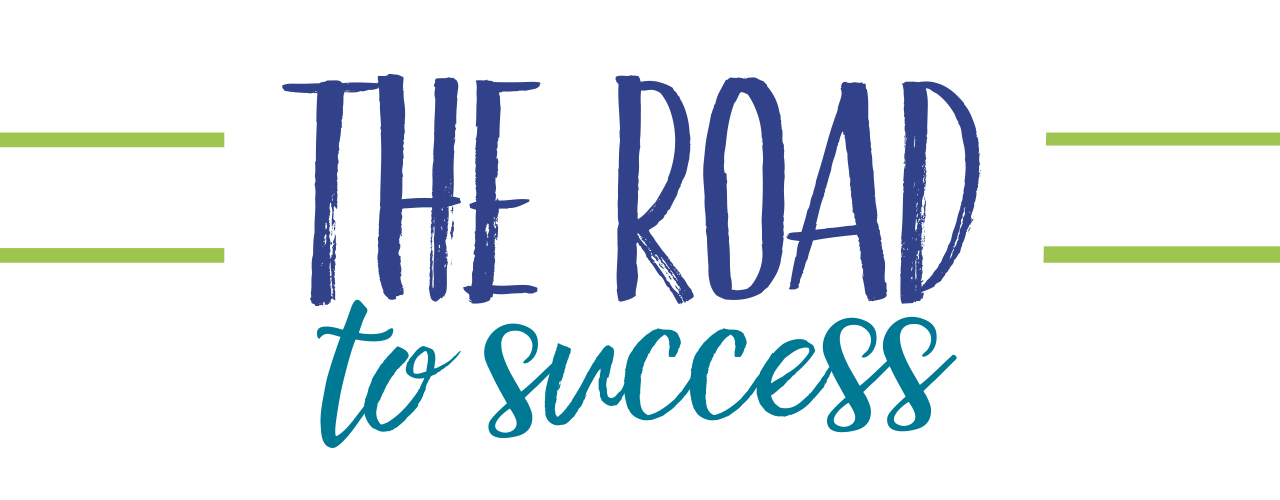A Look At Github And How It Helps Blockchain Developers

#Github #Helps #Blockchain #Developers [ad_1]
From a practical standpoint, no matter how decentralised a web3 project is, it still needs a common platform where project contributors can view, alter, compare and ultimately update code. And this common platform is GitHub.
Anyone who has spent enough time in the cryptoverse has probably encountered the terms open-source and GitHub. For instance, you’ve probably read that Bitcoin is a superior blockchain because it is open-source and its code is publicly available on GitHub. But what does that mean?
Open-source refers to software or code not owned by an individual or corporation; anyone can use, contribute to, and improve it for the greater good. For instance, Linux is an open-source operating system developed in the mid-nineties. To date, more than 15,000 individual developers have worked on it and improved the OS over time.Similarly, most popular blockchains are also open-source, and GitHub is where contributors (developers) can view, alter, compare and update the project’s code. But what is GitHub, how does it work, and why is it essential to the world of blockchains? Let’s find out.
What is GitHub?
In a nutshell, GitHub is the largest code-hosting website in the world. It is a platform where developers can post code sequences and allow other developers from anywhere in the world to work on the project.
The platform is built on top of software known as Git, which allows users to track changes in the code. Therefore, developers can track what has been changed, who changed it and when. It, therefore, enables developers to simultaneously work on the same source code without overriding each other’s work. Incidentally, Git was developed by Linus Torvalds, one of the core developers behind the Linux operating system.
How does it work?
It’s simple. A developer can upload his code as a “repository” on GitHub. They can then assign roles and editing privileges to other contributors. Those with editing access can work on the code to improve it. The changes made to the code are known as “commits”. Developers can also ping each other with questions and participate in discussion boards, creating a collaborative atmosphere around the project.
Those who do not have edit access can still view the code. They can also “favourite” repositories they like and post comments on the same. Users can even subscribe to different authors and project repositories for updates. Therefore, with its 12 million plus users, GitHub, in some ways, does resemble the workings of a social networking platform.
Why is GitHub important to web3 platforms?
From a practical standpoint, no matter how decentralised a web3 project is, it still needs a common platform where project contributors can view, alter, compare and ultimately update code. And this common platform is GitHub.
Most popular blockchain networks today, such as Bitcoin, Ethereum, Stellar, Cardano and many others, are freely available on GitHub. It allows developers worldwide to contribute and constantly improve the code of the leading crypto, NFT and blockchain projects. As such, GitHub is a facilitator for the rise of the web3 industry.
GitHub has also emerged as a litmus test to evaluate interest in a crypto project. If a project has more contributors, it has garnered the community’s interest and vice versa. So, the next time you hear someone say, “that meme coin you told me to buy has zero commits on its repository; it looks like a scam,” you’ll know what they are talking about. In contrast, Bitcoin has more than 35,000 commits from nearly 900 contributors since the repository was taken live on GitHub.
Conclusion
By allowing developers worldwide to work on the code of a web3 project, GitHub facilitates the decentralised nature of digital assets. It enables developers from every corner of the world to collaborate on blockchain developments. Finally, the platform also serves as a decent indicator of the community and progress of a web3 project. Therefore, all said and done, GitHub is an essential component of the digital asset industry.
[ad_2]
Source link

